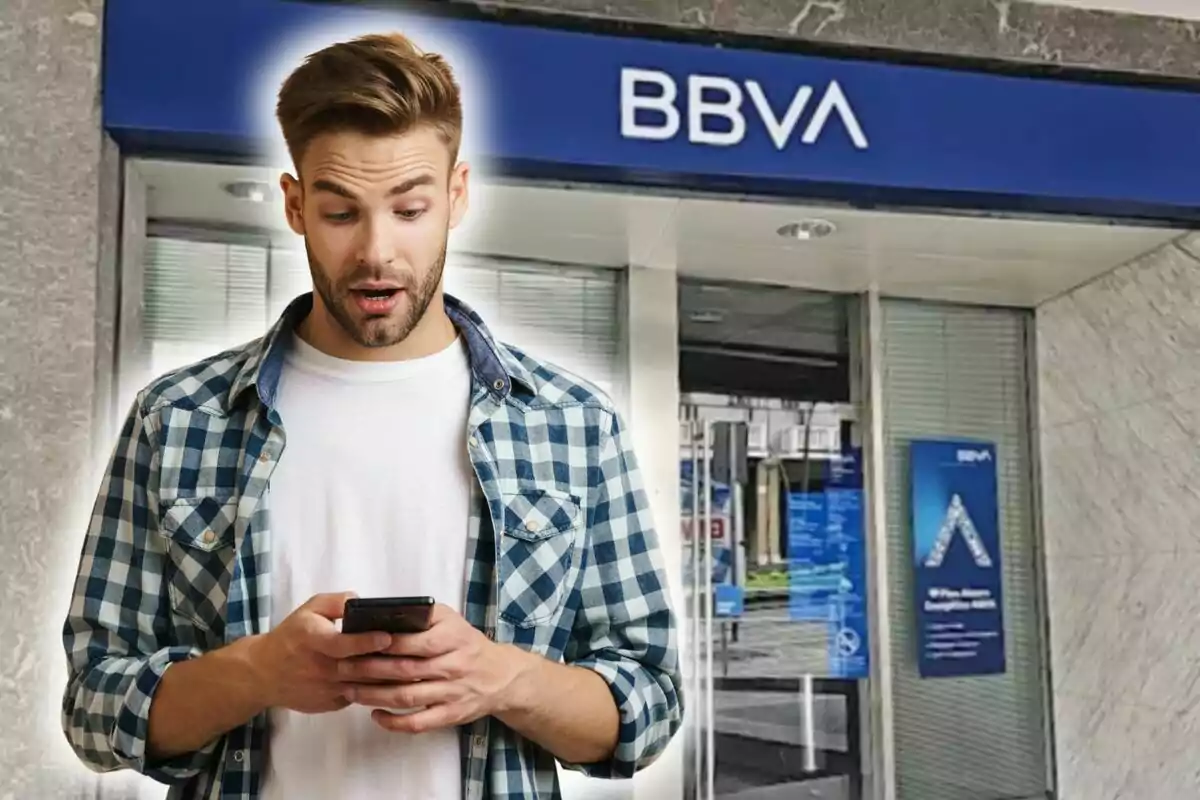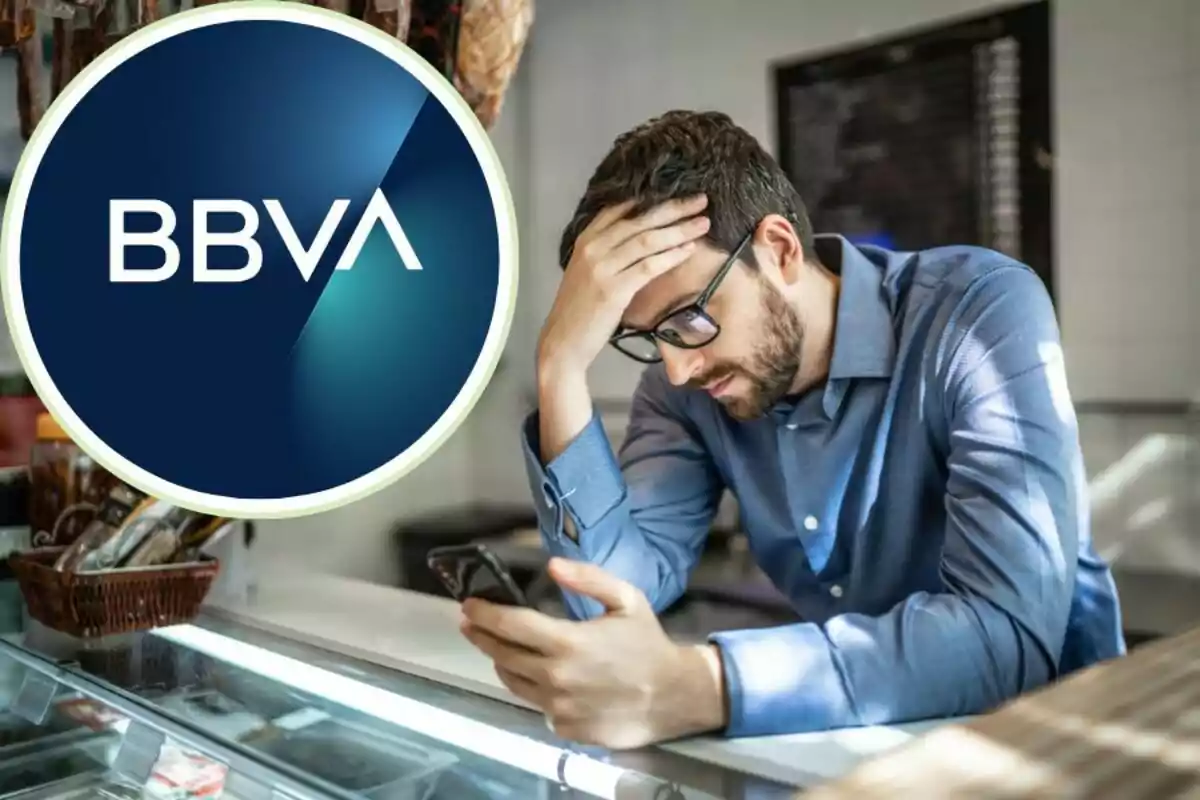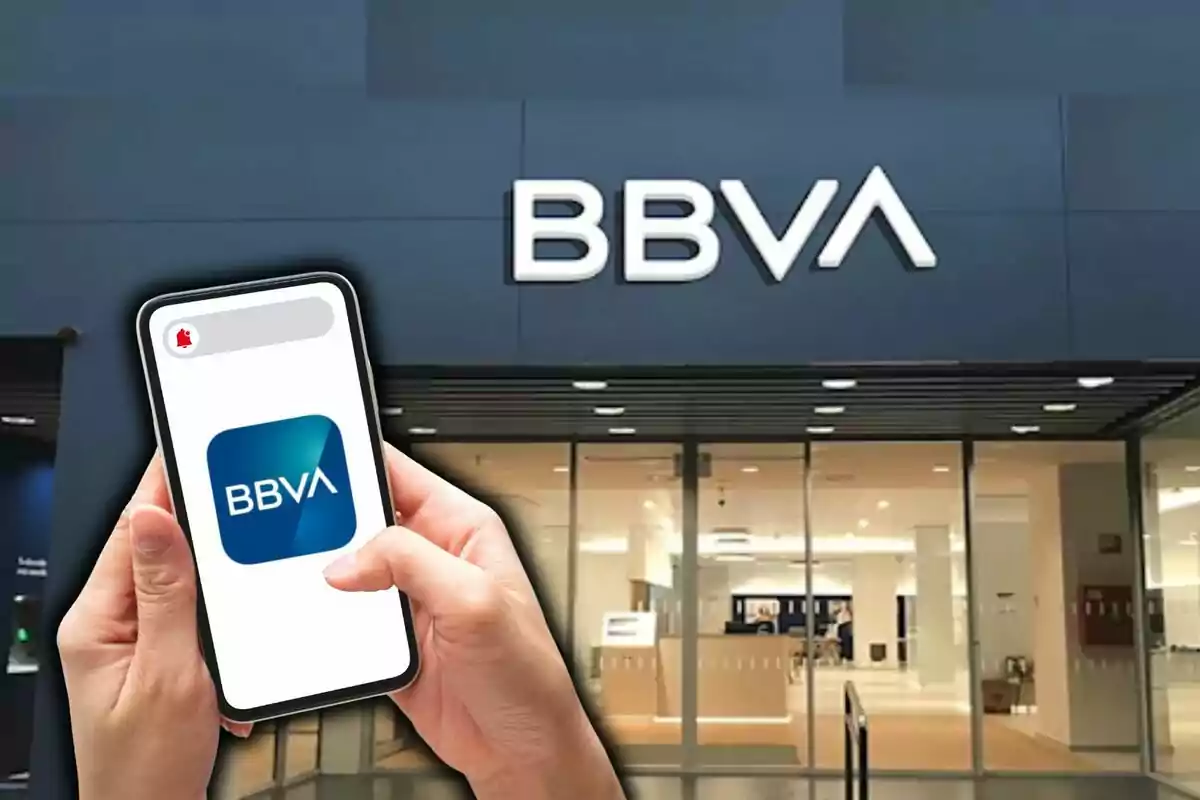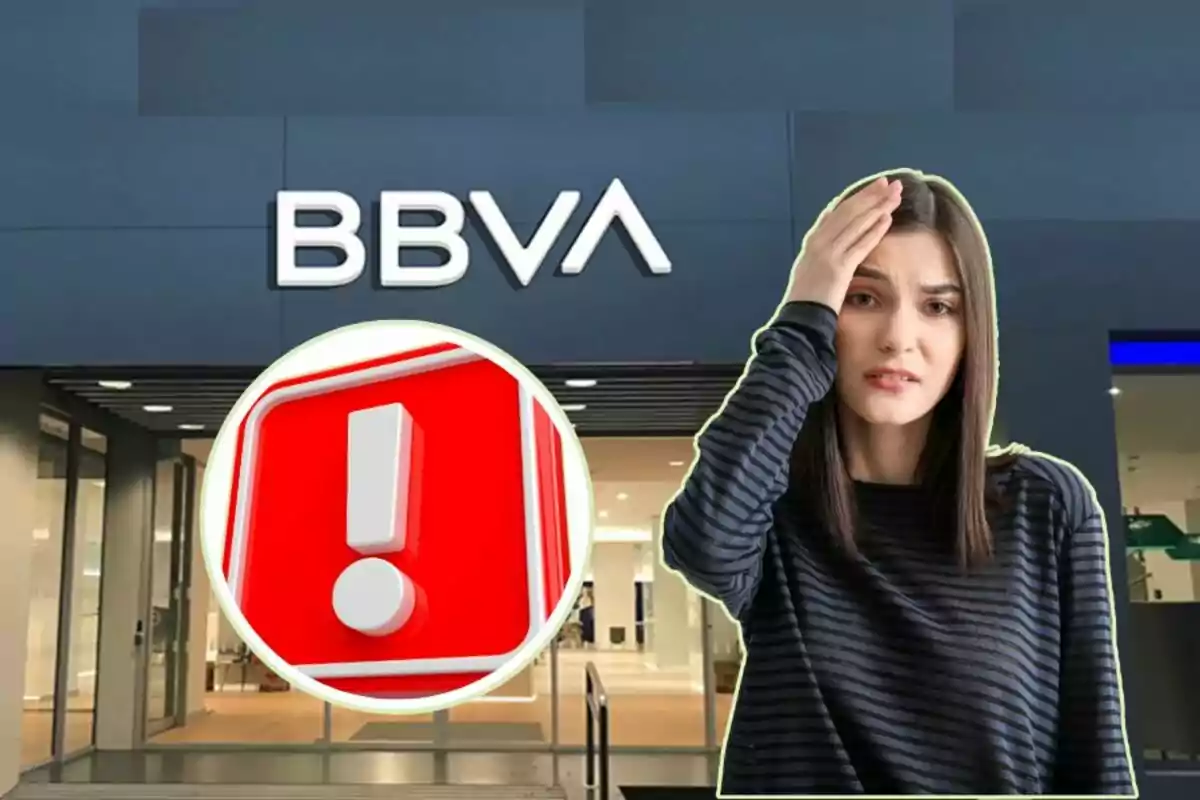
Urgent announcement from BBVA to account holders: be very careful, it could happen to you
BBVA highlights the importance of always being vigilant against frauds like 'SIM swapping'
BBVA has issued an urgent statement in an effort to safeguard its customers' security. The banking entity has alerted about a scam known as "SIM swapping."
This fraudulent technique allows cybercriminals to duplicate a person's mobile SIM card. This way, it facilitates unauthorized access to their bank accounts and other digital services.

BBVA Warns about the "SIM Swapping" Scam
The "SIM swapping" is a scam that involves fraudulently cloning a person's mobile SIM card. To do this, first, the scammer impersonates the victim to obtain a duplicate SIM.
Once the victim no longer has service on their phone, the criminal accesses their personal information. Thus, they control their digital banking using the verification SMS sent to the new number.
Scammers often approach their victims through phone calls. They pretend to be representatives of the phone company or even present themselves in person. In these encounters, they request and obtain sensitive personal data, such as the ID number, to impersonate the victim.

This information may have been previously obtained through social engineering attacks. This is the case with frauds via SMS, emails, or phone calls where they impersonate trusted entities. Additionally, sensitive data can be stolen through fraudulent apps downloaded on mobile devices or by connecting to fake wifi networks.
The main risk of "SIM swapping" is that scammers can access the victim's digital banking using the verification SMS sent to the duplicated phone number. This allows them to make money transfers, change passwords, and access confidential financial information.
BBVA's Tips for Protection
BBVA has provided a series of security practices to reduce the chances of suffering a "SIM swapping" attack and protect your personal information. The first thing you should monitor is your phone's coverage. If you notice that your mobile loses coverage without a logical reason, contact your operator to verify if a duplicate of your SIM has been made.

Additionally, it's crucial that you never provide personal or banking information. Neither through links included in suspicious emails or SMS, nor in unsolicited calls.
Set your profiles so that only your contacts can see your personal information. Use strong passwords to protect your accounts on social networks.
You should only install apps from Google Play or the App Store and grant only the necessary permissions for their operation. Do not enter sensitive information, such as passwords and banking data, when connected to a public wifi network.

It's important to regularly review your financial transactions. If you detect unknown charges, contact BBVA immediately.
What to Do if You're a Victim of "SIM Swapping"
If you suspect you've been a victim of "SIM swapping," you should save all possible evidence to facilitate reporting to the authorities. It's also very important to change your access credentials to digital banking and other online services.
Additionally, you should contact BBVA to report the incident. Also, inform your mobile phone operator to reverse the SIM duplication.
More posts: